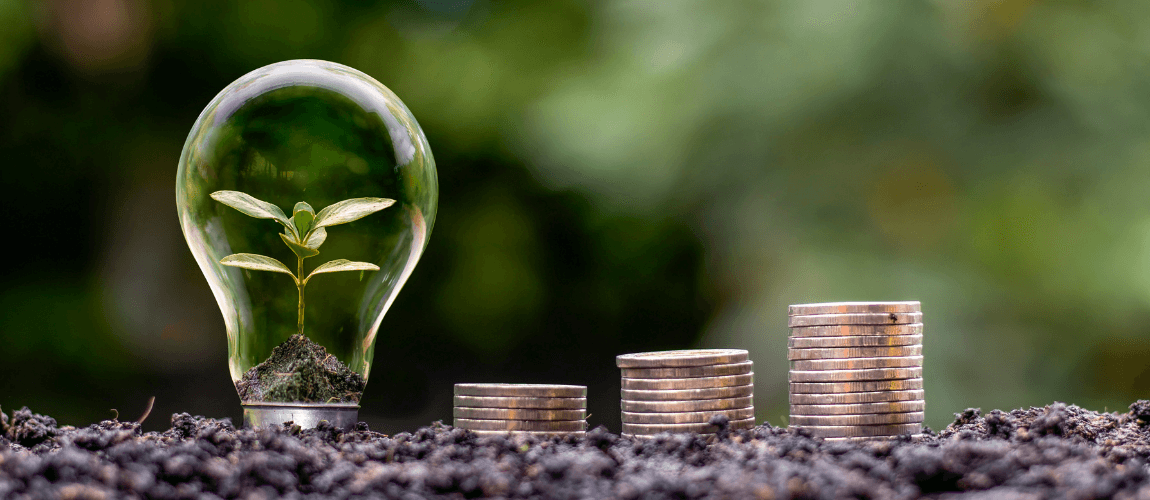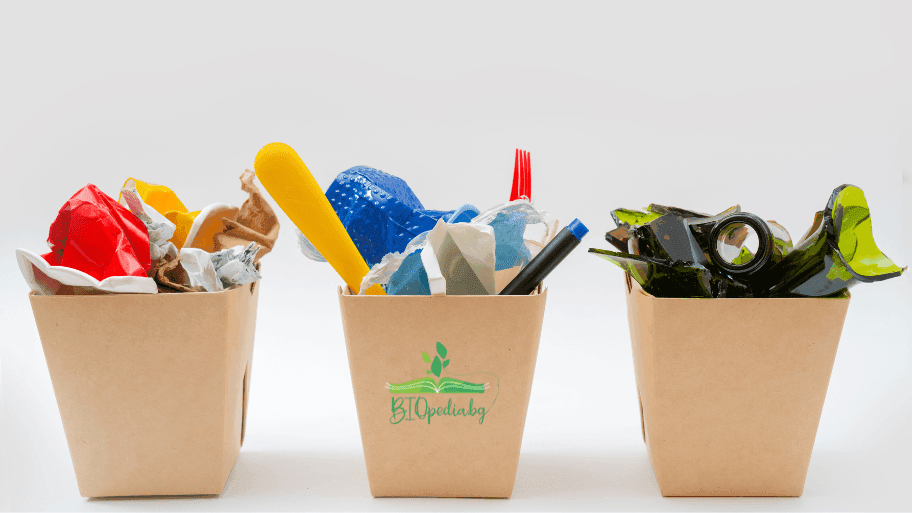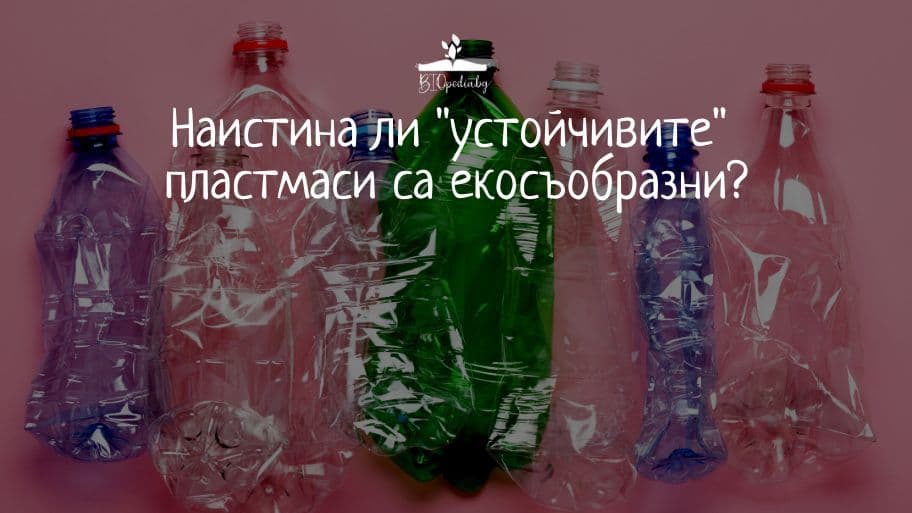Separate waste collection - it needs to become part of our everyday life. It just takes a little organisation, even if we have a small space, to make waste sorting a good habit.
Good not only for us, but for the whole world around us. There are many benefits of separate waste collection, and these are exactly what we will look at in today's article.
Not everyone is fully aware of the many direct and indirect advantages and benefits of separate waste collection.
But once we become more familiar with these benefits, we are convinced that no one would dare to justify them by employment or lack of access to suitable recycling opportunities.
First of all, savings in disposal costs, increased efficiency during waste collection operations and greater use of recycled materials are all benefits of separate waste collection that have a really positive impact on the economic life of a country.
It may sound like something insignificant compared to all the other costs, but believe me, it's not small at all. Let's learn what are the other benefits of separate waste collection below.
Saves resources
Separate waste collection reduces the amount of waste thrown into landfills and limits the use of raw materials needed to manufacture new products, thus saving our planet's natural resources.

Example: each of us produces about 35 kg of plastic waste every year. If this plastic were recycled, almost 12 000 tonnes of oil and coal would be saved in a city of 100 000 people!
Save nature
Separate waste collection protects the environment and reduces the negative environmental impact of waste that otherwise ends up in landfill or incinerators, which incidentally are no longer sufficient to dispose of the ever-increasing load of waste we produce.

Have you ever tried to think about the amount of waste we produce? These figures will leave you speechless - it is estimated that each of us produces 1.2kg of waste per day and around 450kg per year!
Useful for health
The process is also associated with more benefits of separate waste collection. Take medicines for example. If they are not properly sorted and disposed of, they can spread toxic emissions into the landfill and contaminate the leachate.

In addition, the presence of antibiotics in waste can encourage the development of antibiotic-resistant bacterial strains, which are extremely difficult to treat and combat once they have entered the human body.
Economic advantages
Separate collection of waste allows significant savings in the economy. Just think that it takes 15 trees, 440,000 litres of water and 7,600 Kwh of electricity to produce a tonne of virgin paper. In comparison, it takes 1800 litres of water and 2700 Kwh of electricity to produce a tonne of recycled paper.
Lower recycling costs
Mixing waste streams can be expensive. Hazardous and general waste is much more expensive to dispose of than dry mixed recycling due to chemicals and biological contaminants.

So mixing clean recyclables with hazardous waste means you pay more to dispose of your waste, taxes are higher, and overall the sorting process takes much more time and effort.
Increased recycling rates and more efficiency
Separate waste collection practices and a workforce that understands the importance of waste sorting prevent recyclable items from being thrown out with the general waste stream, where they end up in landfills and pollute the environment instead of being given a second life.

Potential additional revenue opportunities
Waste separation allows you to identify valuable materials such as metals, cardboard and plastics. These valuable materials can then be sold on to achieve the highest discount value available.
Reduced landfill impact
Waste separation allows more waste to be recycled, preventing it from ending up in landfill. This in turn reduces the overall negative impact on the environment and pollution of nature.

Once in landfills and rubbish dumps, some waste materials can take hundreds of years to fully decompose.
Saving energy
Making products from recycled materials requires less energy than making them from new raw materials. It takes much less energy to make products from recycled materials than from raw materials.

For example, recycling one glass bottle saves enough energy to light a 100-watt light bulb for four hours. That's why waste sorting is important - so that the right waste goes to recycling plants, rather than ending up in landfills where it has no use.
Educate people and unite society
When communities come together to raise awareness about recycling and all the benefits of separate waste collection, it teaches people about the importance of protecting the environment and how to be proactive and proactive.

Educating and informing people about environmental protection can help future generations gain the knowledge and understanding they need to reduce pollution and protect nature more effectively.
Recycling brings communities together and helps people raise money for schools, colleges, hospitals, various causes and more. These recycling initiatives make cities happier and cleaner.






Comments